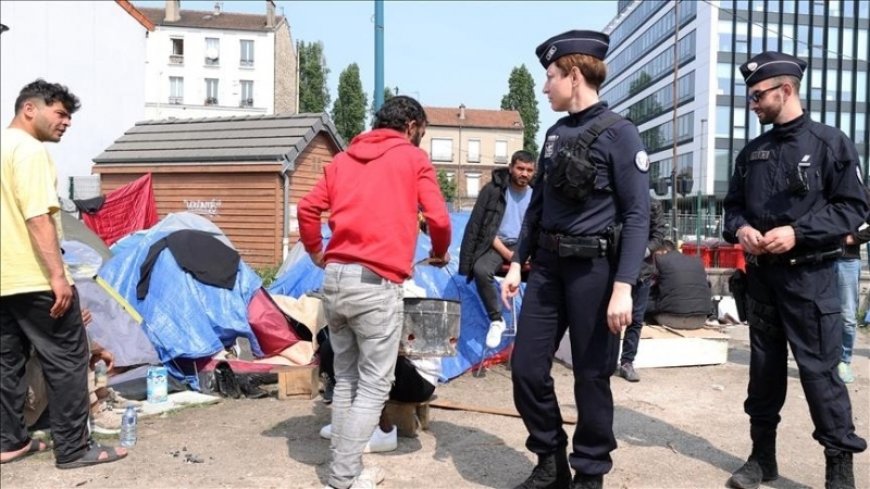Europe's Labor Dilemma: Immigrant Exploitation and Modern Slavery

The ongoing influx of immigrants into Europe, driven by hopes of better employment opportunities, has unveiled a darker reality: the exploitation of cheap labor and the emergence of modern slavery practices across the continent. Many immigrants fleeing their home countries in search of better economic prospects find themselves entrapped in low-wage jobs upon arrival in Europe.
Fearful of deportation if they speak out about their working conditions, these workers endure significant hardships in silence. The United Nations has highlighted that more than half of all forced labor occurs in middle- or high-income countries, with migrant workers being three times more likely to suffer work-related accidents compared to local workers.
Systematic Abuse and New Slavery Networks
A joint report by the Centre for Social Justice and Justice and Care in the UK has shed light on the grim reality faced by many migrant workers. It suggests that wars, sanctions, and various socio-political pressures have given rise to new slavery networks. These networks exploit vulnerable individuals, forcing them into dangerous, low-paid jobs, predominantly in Europe and America, generating billions in illicit profits.
Germany: A Case in Point
Germany, one of the leading European economies, has come under scrutiny for its treatment of migrant workers. Critics argue that Germany’s pilot programs, which integrate immigrants and asylum seekers into the labor market, often result in severe exploitation. In some regions, such as Thuringia, wages for immigrant workers can be as low as one-third of the standard pay for similar jobs. This exploitation is seen by some as a response to the labor shortage and the pressures from far-right groups protesting against the influx of migrants.
The UK’s Post-Brexit Labor Landscape
In the UK, the aftermath of Brexit has exacerbated labor shortages, prompting the government to ease visa restrictions for immigrants. However, this has led to a decline in the enforcement of labor regulations, raising concerns about the potential rise of a 'new slavery' for migrant workers. Research highlighted by The Guardian reveals that the lack of oversight has made migrant workers more vulnerable to exploitation.
France: Racial Discrimination Compounds Challenges
In France, the situation is compounded by racial discrimination, affecting the working conditions of many immigrants. A study by the National Institute of Statistics and Economic Studies (INSEE) indicates that immigrants, particularly those of Moroccan descent and from the southern African desert, often receive lower wages and face higher unemployment rates than their predecessors. These groups typically endure more precarious employment conditions, with limited benefits and more arduous working environments.
Calls for Action
Human rights advocates and international organizations are urging European governments to address these issues promptly. There is a growing demand for better protection and regulation to prevent the exploitation of migrant workers and to ensure their fair treatment. As Europe grapples with its labor challenges, the balance between economic needs and human rights remains a contentious and critical issue.













































